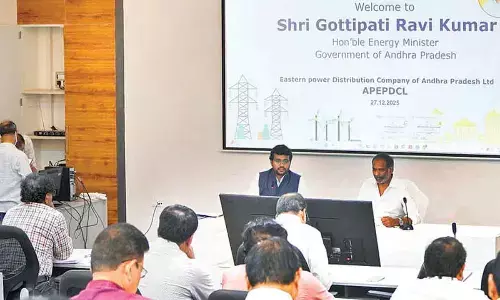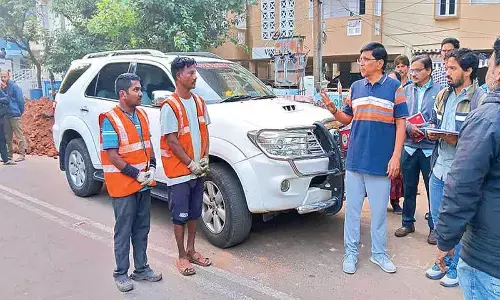Sexting a bigger fear for British parents

Four out of five British parents are concerned about their children sexting -- a higher proportion than parents who fear their offspring will smoke cigarettes or drink alcohol, a new study has found.
Four out of five British parents are concerned about their children sexting -- a higher proportion than parents who fear their offspring will smoke cigarettes or drink alcohol, a new study has found.
Ministers have begun work on a new Internet Safety Strategy, led by Culture Secretary Karen Bradley. A government green paper is expected to be published in the summer, Xinhua news agency reported.
A report by leading academic Professor Sonia Livingstone has been commissioned to provide up to date evidence of how young people are using the Internet, the dangers they face, and the gaps that exist in keeping them safe.
Ministers will also hold a series of round tables in the coming weeks with social media companies, technology firms, young people, charities and mental health experts to examine online risks and how to tackle them.
The focus will be on preventing children and young people from harm online and making the Internet a safer place.
The round tables are also expected to examine concerns around issues like trolling and other aggressive behaviour including rape threats against women.
The discussions will involve ministers and officials from government departments including the interior, education, health and justice.
"It comes amid growing fears that the threat from online dangers has grown far more quickly than society's response to them, and worries that tech-savvy young people are being exposed to risks that their parents never were and might not know how to confront, like sexting, cyber bullying, and content which promotes self-harm, suicide and eating disorders," said a government spokesman.
A recent poll found more parents were concerned about sexting than about their children drinking or smoking.
A YouGov survey showed 78 per cent were concerned about sexting, compared to 69 per cent concerned about alcohol misuse and 67 per cent concerned about smoking.
A study last year for the charity, the NSPCC and the Children's Commissioner, found 13 per cent of 11 to 16 year-olds reported that they had taken topless pictures of themselves and 3 percent had taken fully naked pictures of themselves.
More than one in 10 young people say they have been the victim of cyber bullying, and self-harm among children is on the rise amid evidence of a link between Internet use and an increased risk of self-harm.
"The Internet has provided young people with amazing opportunities but has also introduced a host of new dangers which children and parents have never faced before," said Secretary Bradley.
"We are determined to make Britain the safest place in the world to be online, and to help people protect themselves from the risks they might face," Bradley added.
Measures in a new Digital Economy Bill currently going through parliament will introduce age checks for pornographic websites so under-18s cannot view harmful content.














